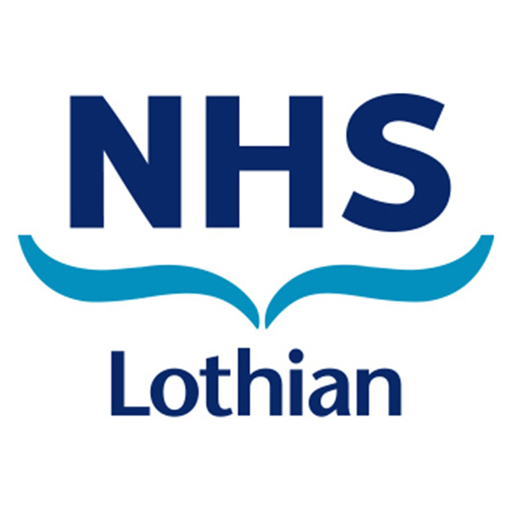- Tachycardia, arrhythmias, hydrops
- Hyperkinesis
- IUGR
- Goitre picked up on fetal ultrasound scan
- Advanced bone age may be detected on ultrasound of the lower femoral epiphysis
- Preterm delivery
- Death in utero
We are pleased to advise that deep linking capability, enabling users to directly download individual mobile toolkits, has now been released on the RDS mobile app. You will see that each toolkit has a small QR code icon in the header area beside the search icon – see screenshot below. Clicking on this icon will open up a window with a full-size QR code and the alternative of a short URL for sharing with users. Instructions are provided.

You may need to actively update to the latest release - RDS app version 4.7.1 - to see this improvement.
Updating to this latest version of the RDS app is also strongly recommended to get the full benefits of the new resilience arrangements – specifically, that if the RDS website should fail, you will still be able to download new mobile app toolkits. To check your current RDS version, click on the three dots bottom right of the RDS app screen. This takes you to a “More” page where you will see the version number. To install latest updates:
On iPhones – go to the Apple store, click on your profile icon top right, scroll down to see the apps waiting to be updated and update the RDS app.
On Android phones – these can vary, but try going to the Google Play store, click on your profile icon top right, click on “Manage apps and device”, select and update the RDS app.
Please get in touch with ann.wales3@nhs.scot with any questions.

It is not clear whether one should treat biochemical thryotoxicosis (fT4 above the normal range for age and TSH suppressed) in the absence of symptoms, but in practice most infants are treated. This is a consultant decision. Please discuss with Paula Midgley (any time of day or night). If Paula is away, then this should be discussed with the endocrine team at RHSC.
Thionamide: The dosages as per BNFc. Lugol’s Iodine solution can be given if available.
| Age | mU/L |
| Neonates <3 days | 1.3 – 25 |
| 3 days - 4 weeks | 0.7 – 7.4 |
| 4 weeks to 6 months | 0.7 – 6 |
| Age | pmol/L |
| Neonates <7 days | 13 - 34 |
| 7 - 14 days | 12 - 26 |
| 14 - 28 days | 12 - 23 |
| 4wks to 1 year | 11 - 19 |
| All ages | < 1.6 IU/L |